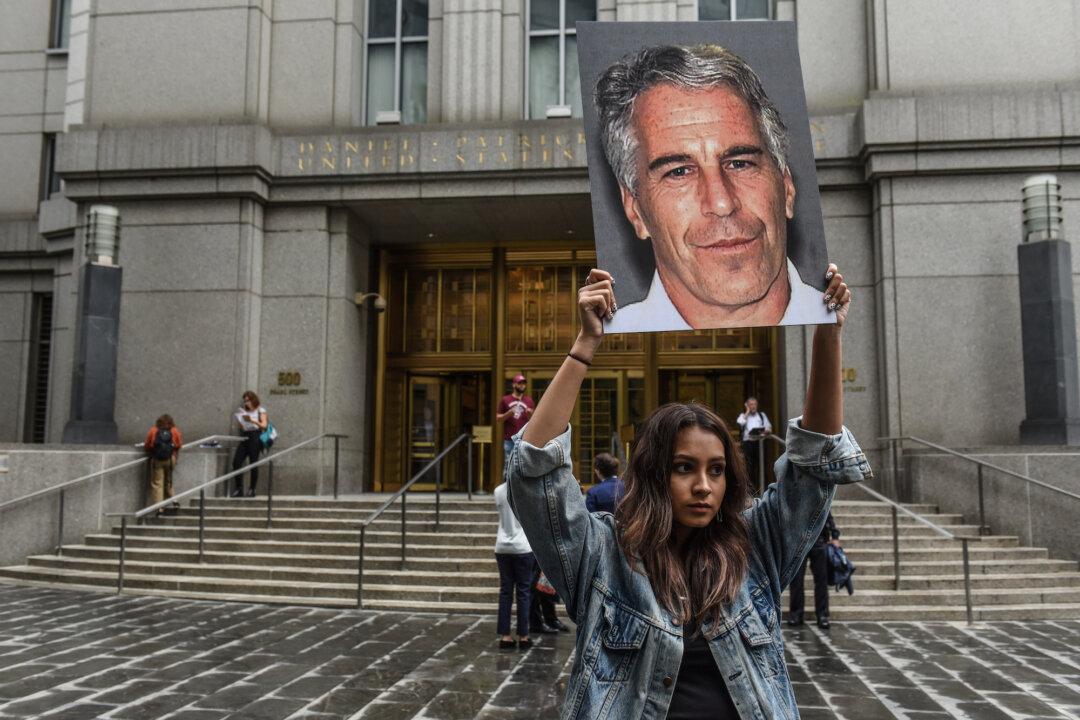Accused sex trafficker Jeffrey Epstein signed a will just two days before his suicide, placing more than $577 million in assets into a trust fund that could potentially make it harder for his accusers to collect damages.
Regina Kiperman, a probate and estate planning lawyer from New York, told The Epoch Times that opening the trust would be difficult and wouldn’t make it easier for alleged victims of Epstein to collect financial damages.





